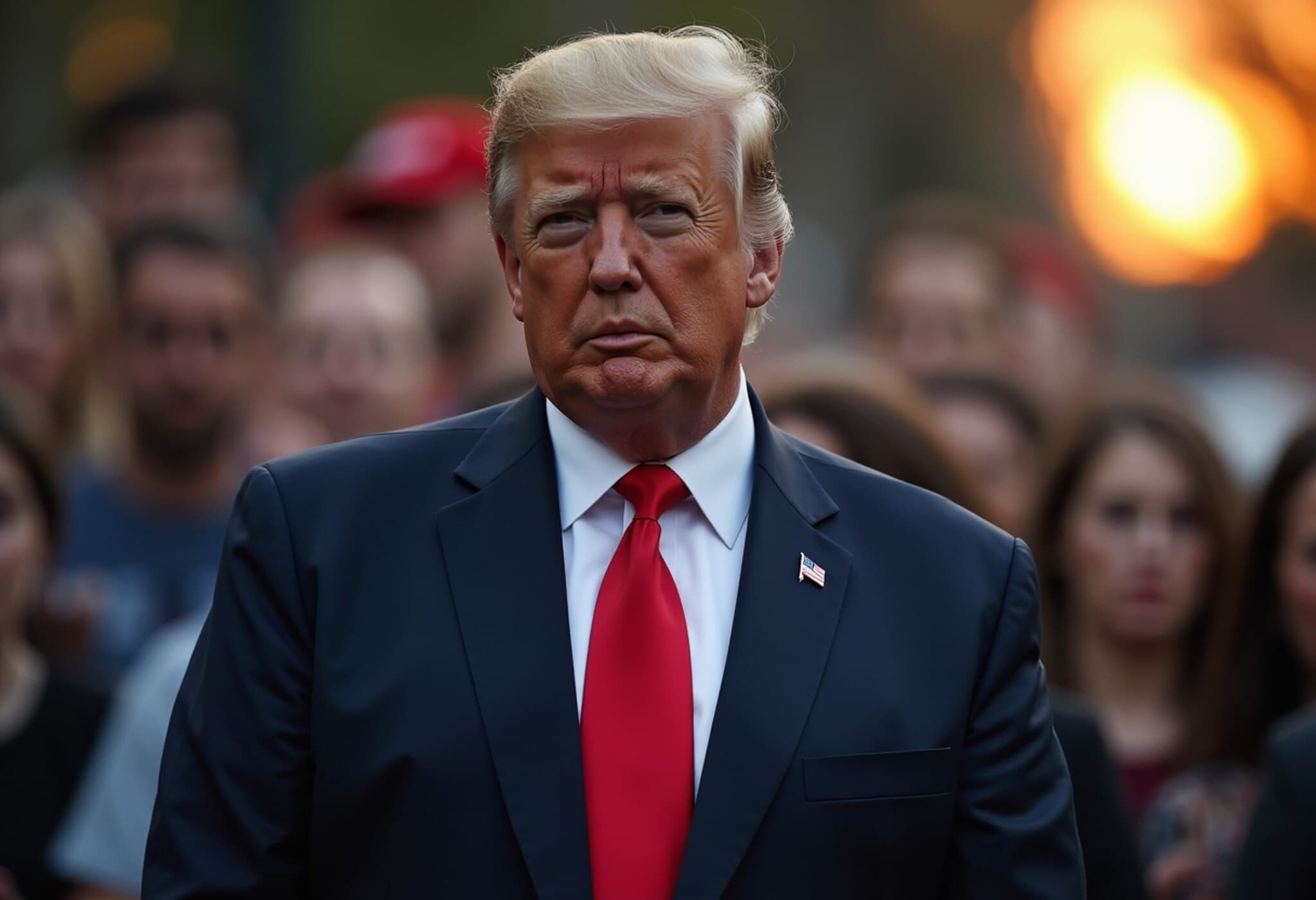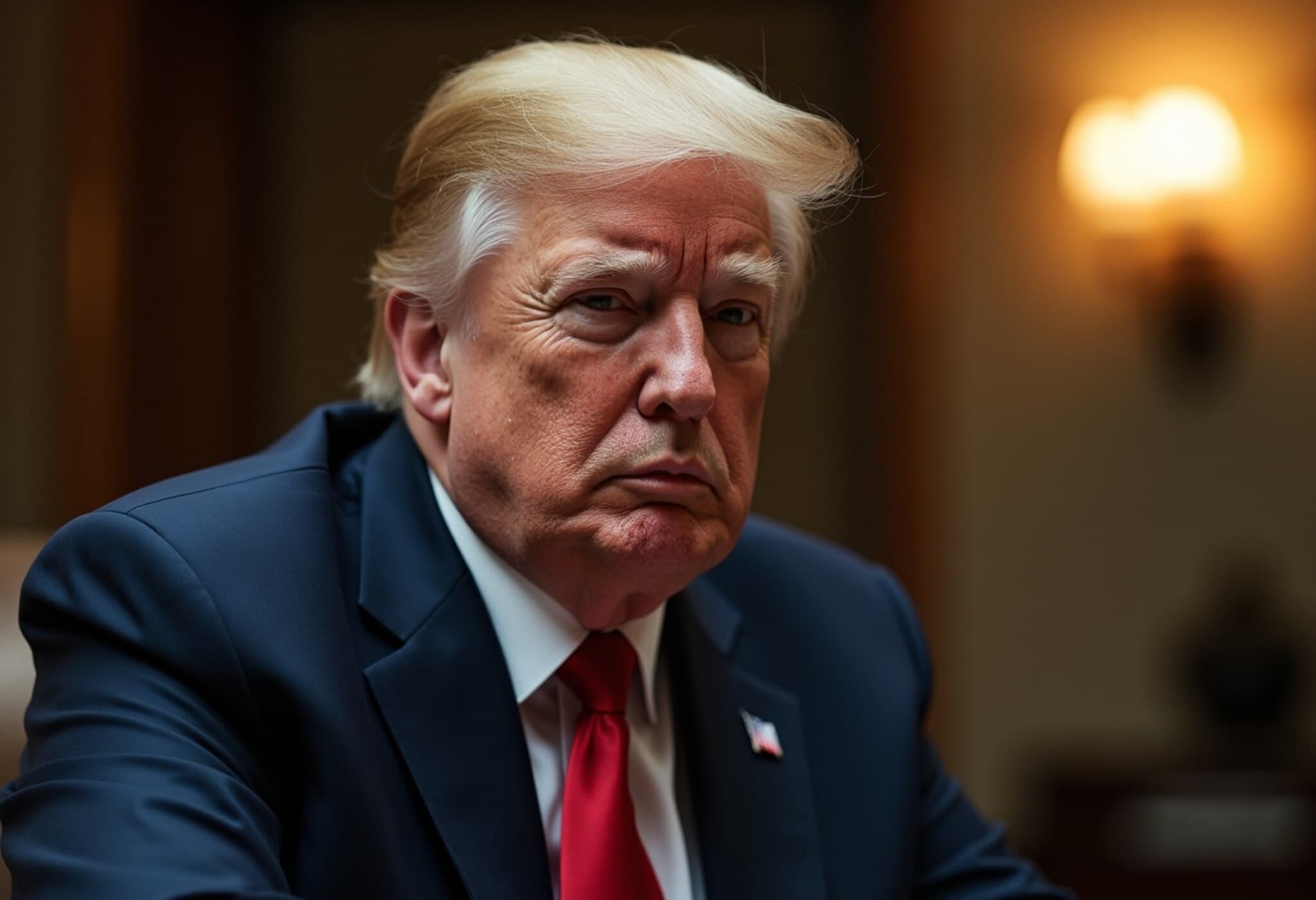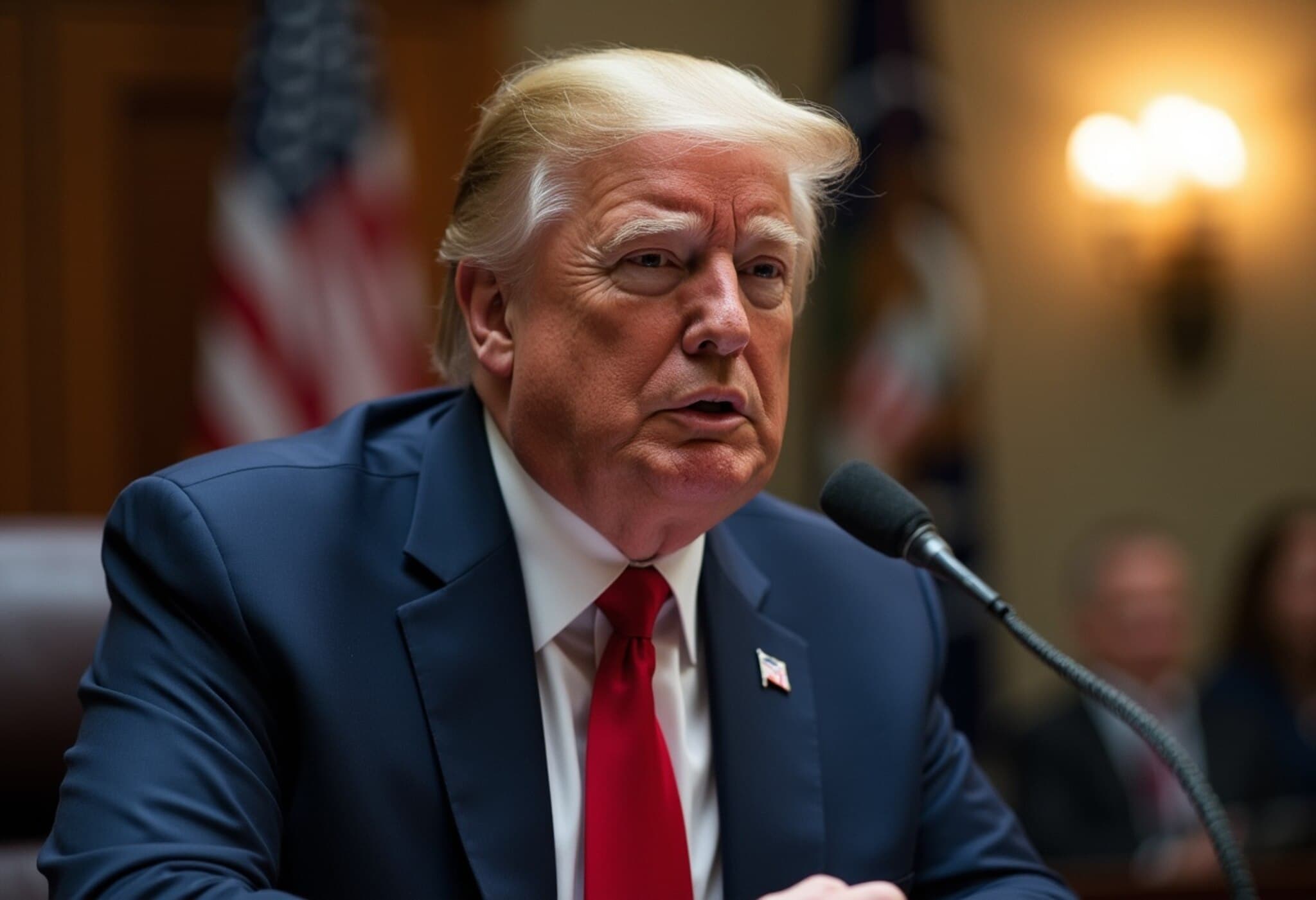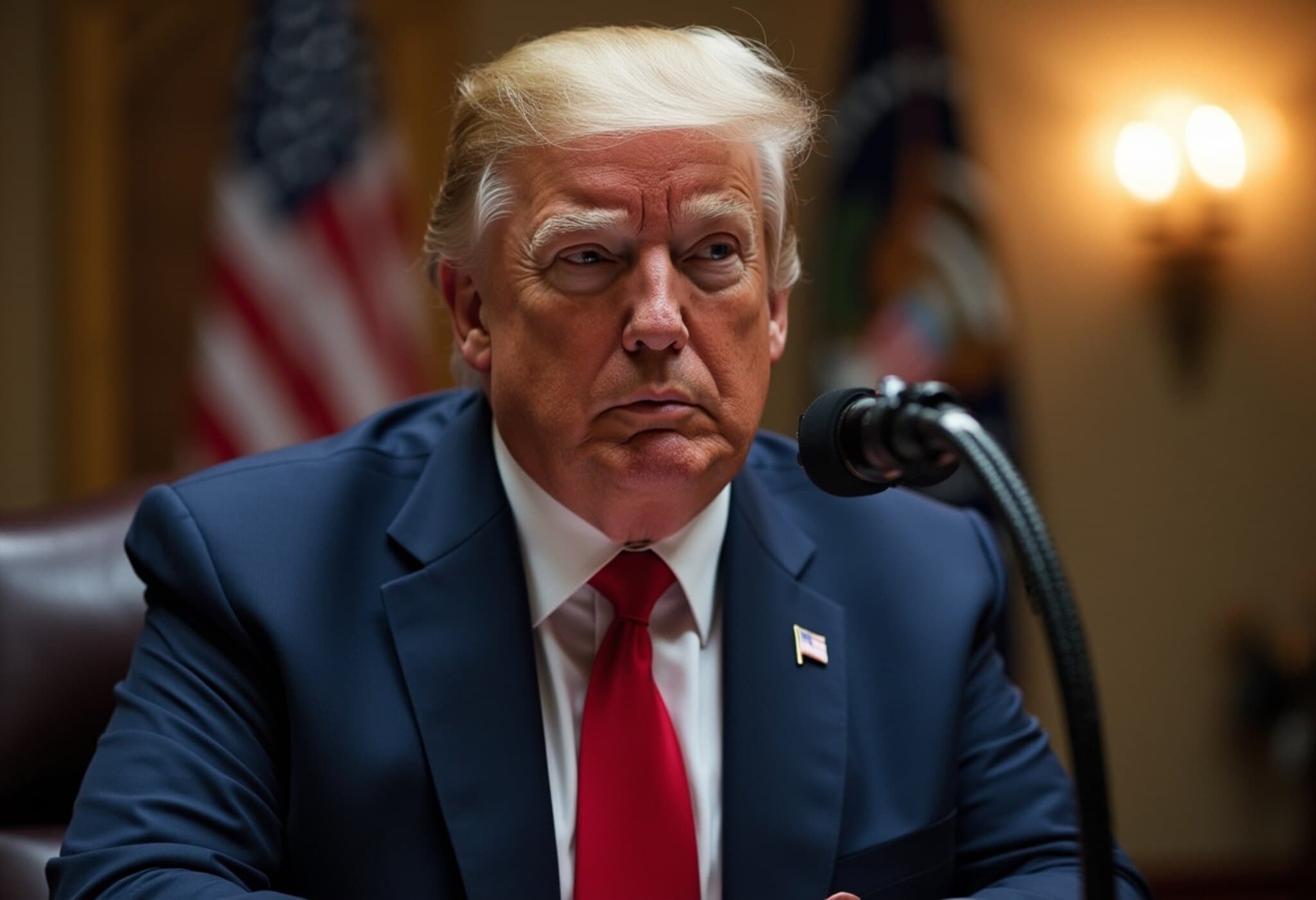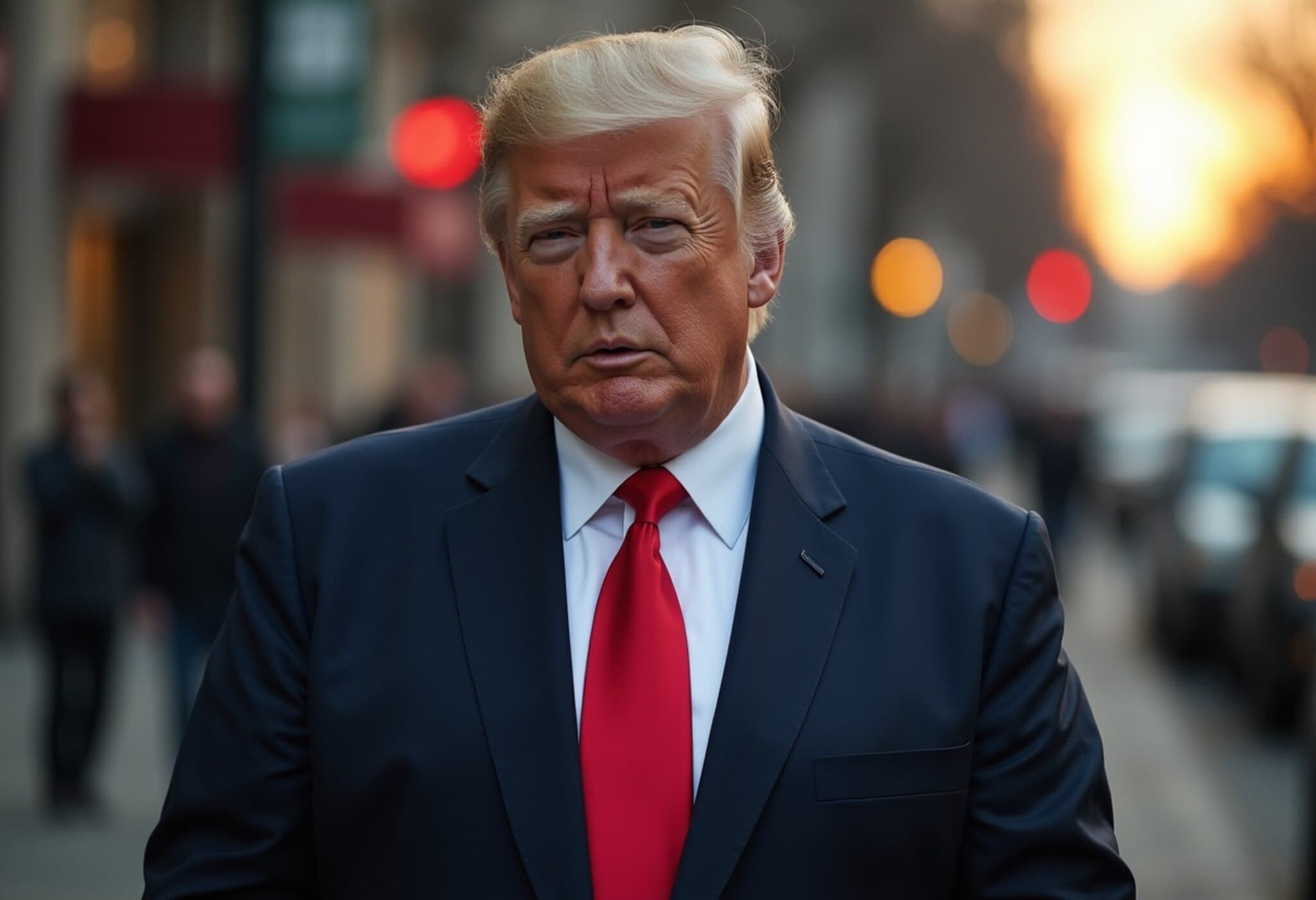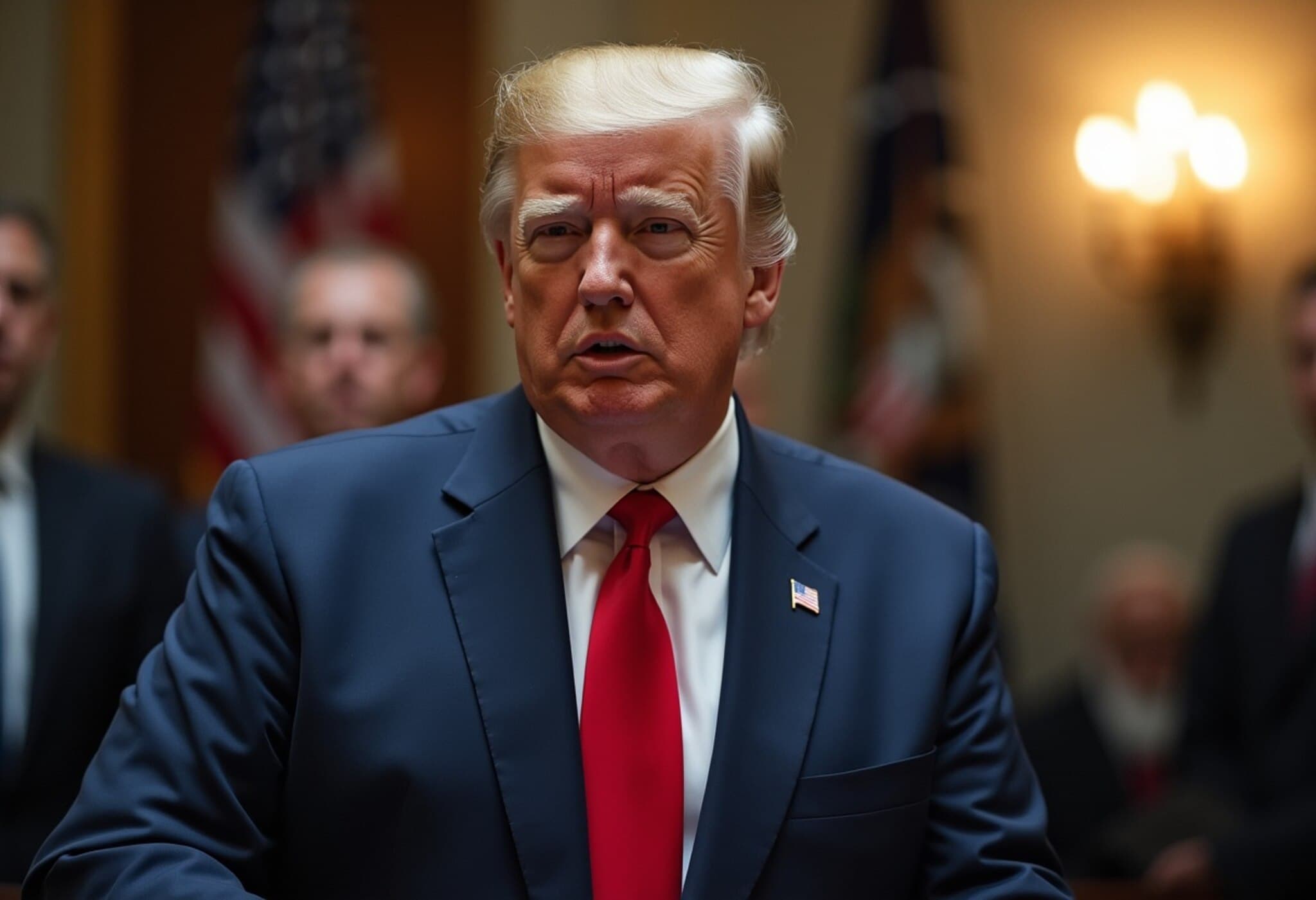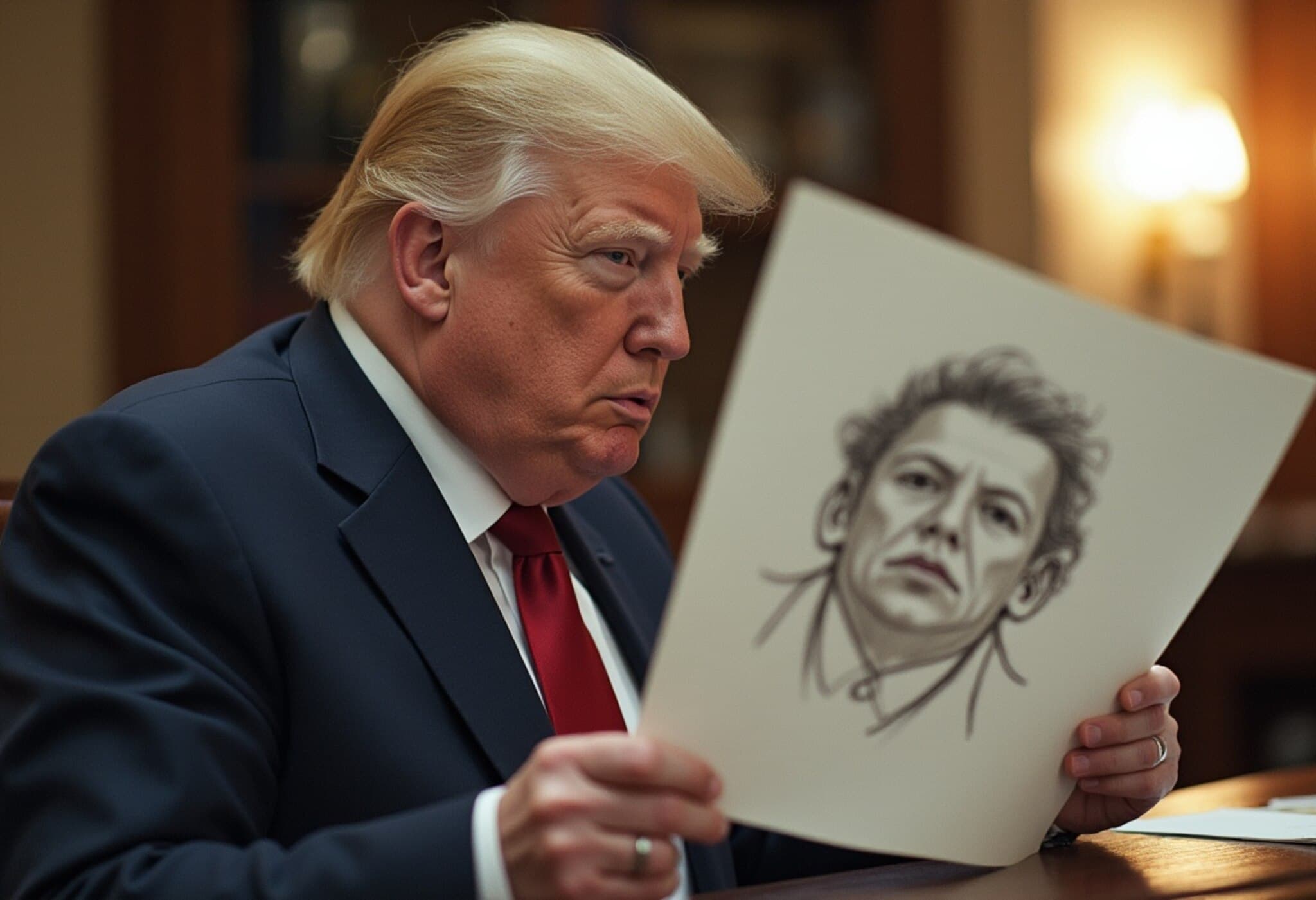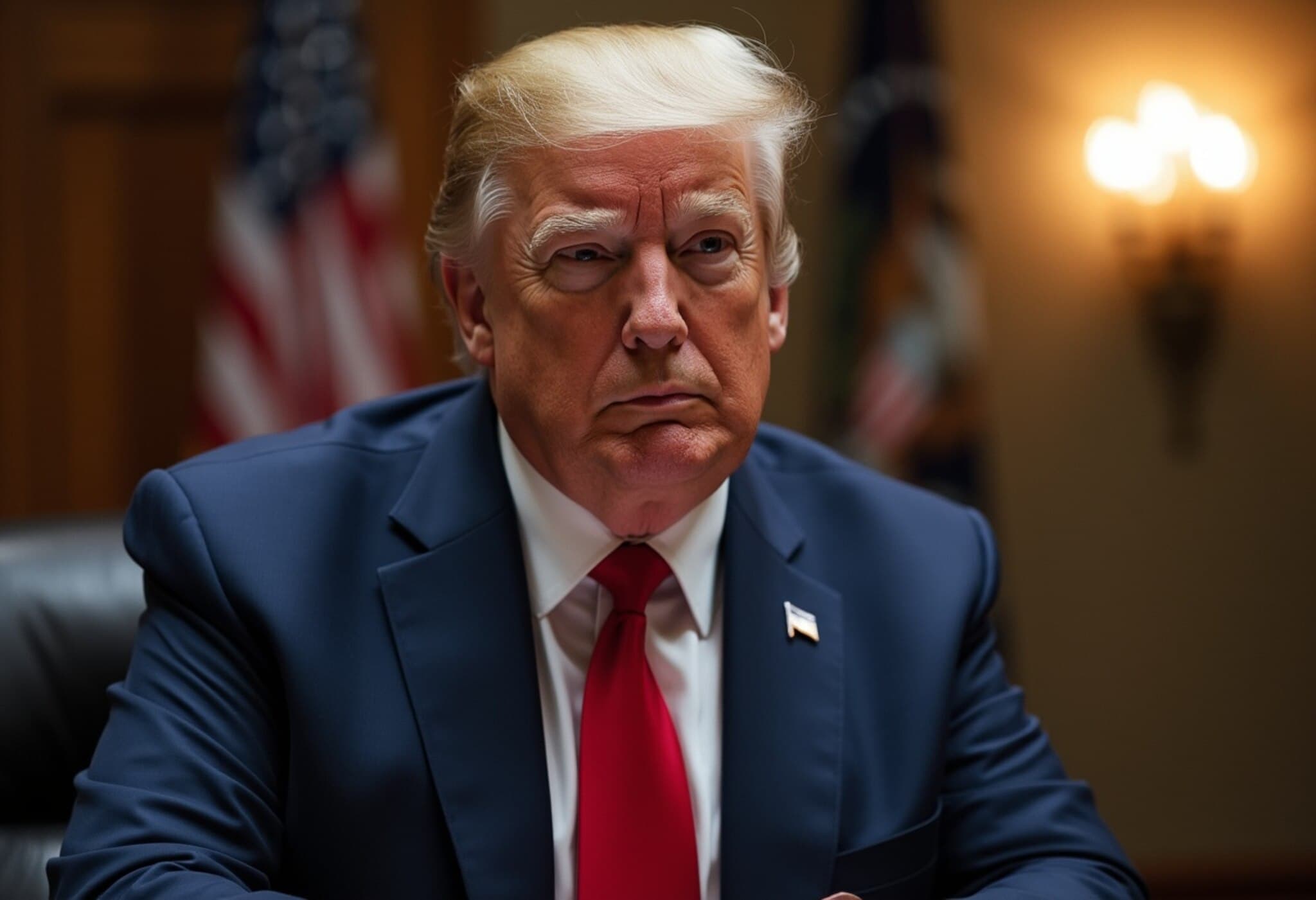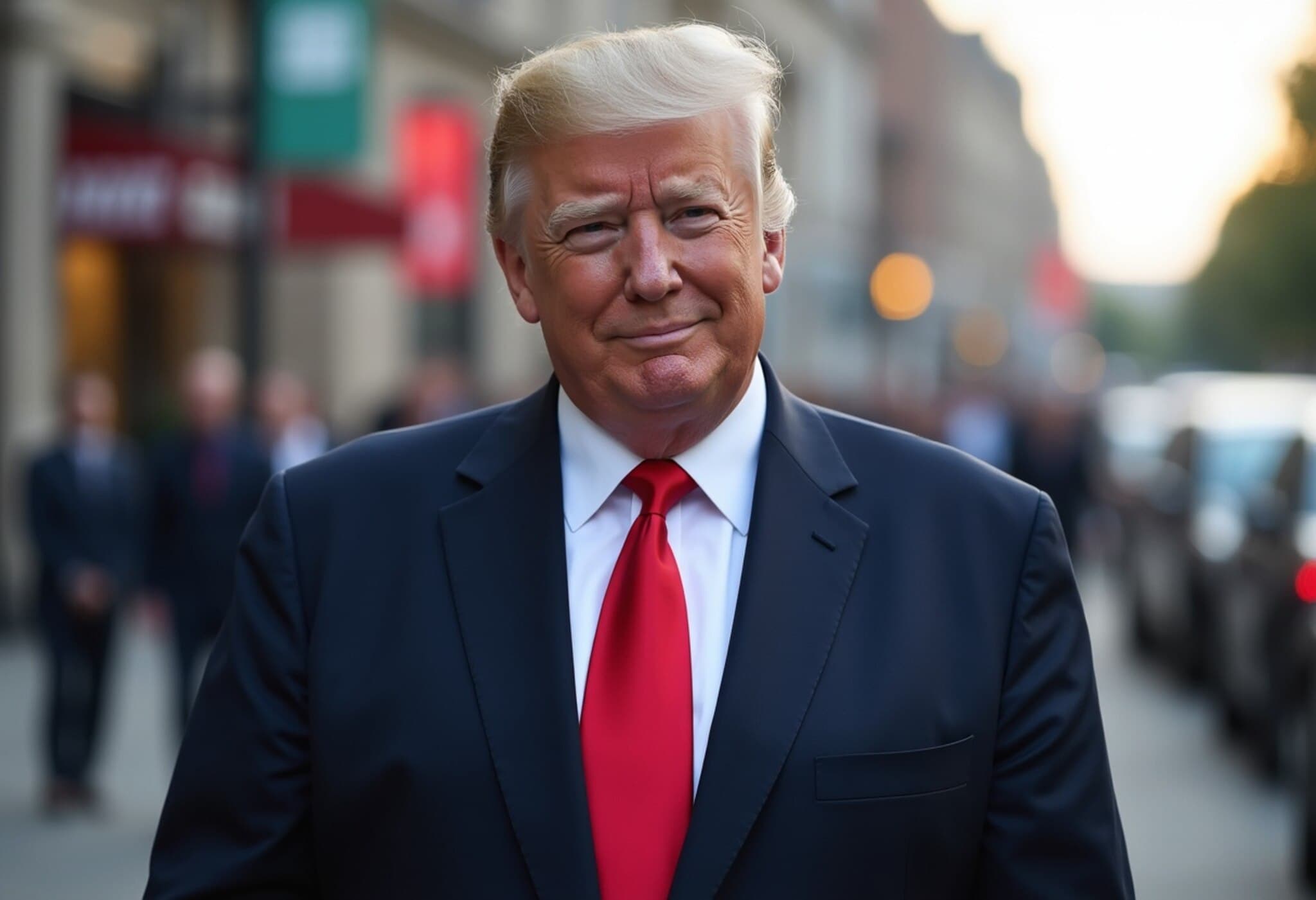Trump Faces Growing Backlash Over Epstein Case Closure
Donald Trump, long known as a master of harnessing conspiracy theories to fuel his political base, now finds himself grappling with an unexpected vulnerability: the unresolved controversy surrounding Jeffrey Epstein. The recent closure of the Epstein investigation by the Justice Department, which declined to release a purported client list, has ignited skepticism and frustration among Trump’s core supporters within the MAGA movement.
When Conspiracy Theories Backfire
For years, Trump has thrived by casting himself as the outsider crusading against a shadowy “deep state.” The Epstein scandal, rife with allegations of elite sex trafficking rings and cover-ups involving high-profile figures, became a foundational narrative for MAGA’s fight against entrenched corruption. Yet, instead of quelling the rumors, the Justice Department’s dismissal of the case without substantive disclosure has only inflamed conspiracy chatter.
Experts note this represents a rare moment where Trump’s usual narrative control has faltered. CNN reports he is growing increasingly frustrated as the controversy relentlessly lingers. As House Minority Leader Hakeem Jeffries aptly remarked, “the chickens are coming home to roost,” pointing out that the conspiracy theories stirred by Trump and his allies are now backfiring.
The Fracturing of the MAGA Coalition
The discontent is palpable across the MAGA landscape. Influential figures such as Representative Marjorie Taylor Greene have warned of “significant fallout,” while billionaire Elon Musk has described Epstein as Trump’s “Achilles’ heel.” This internal dissent marks a pivotal moment for the movement’s unity.
Attorney General Pam Bondi, once celebrated for her promise to investigate Epstein’s client list, has come under fire from activists demanding her resignation. Clips of her February comments on Fox News resurface online, fueling accusations of betrayal. Even within Trump’s family, voices like Lara Trump’s cautiously call for greater transparency, reflecting a broader demand that refuses to be silenced.
MAGA Influencers in Revolt
- Jack Posobiec accused Bondi of misleading the public on Steve Bannon’s “War Room” podcast.
- Lara Trump expressed the need for openness, signaling cracks in unwavering support.
- Prominent conservative commentators warn that mishandling the issue risks alienating voters.
Epstein as a Symbol of Broken Promises
Michelle Goldberg of The Atlantic insightfully described Epstein not merely as a criminal case but as a potent symbol within MAGA mythology. Epstein represents the promise of unveiling elite corruption — a promise that helped Trump’s followers reconcile his personal flaws with their expectation that he would dismantle hidden networks of power.
Instead, the DOJ memo and Trump’s repeated dismissals of the controversy—such as declaring “nobody cares about Epstein”—have left many supporters feeling betrayed and confused. Conservative commentator Liz Wheeler warns that this disconnect risks damaging Trump’s standing ahead of critical 2024 midterms.
The Political and Institutional Fallout
The Epstein controversy extends beyond partisan politics; it tests the integrity of American institutions responsible for justice and accountability. As noted by New York Times journalist Jess Bidgood, discord and distrust within the Justice Department and FBI are exacerbated by public perception of a cover-up.
This episode is emblematic of a larger Trump-era phenomenon: undermining faith in shared facts and institutions, and then facing chaos when those constructed realities collapse. Such internal fractures risk diminishing voter turnout and weakening GOP influence in upcoming elections.
What Lies Ahead for Trump and the MAGA Movement?
While Trump’s core influence remains strong, the Epstein saga signals a deeper identity crisis within MAGA. Steve Bannon has cautioned that even a small drop in base enthusiasm could translate into huge seat losses in Congress, altering American political dynamics profoundly.
Trump’s attempt to deflect blame onto former leaders like Obama and Hillary Clinton, framing the Epstein controversy as a “Radical Left” conspiracy, is met with skepticism, even among loyalists. This erosion of trust underscores a pivotal question: how long can a populist leader rely on conspiracy theories before his own base grows disillusioned?
Key Takeaways
- Epstein case closure without transparency has fractured Trump’s previously unified MAGA base.
- The controversy challenges the narrative of Trump as a warrior against elite corruption.
- Institutional trust in the DOJ and FBI is further eroded amid political infighting.
- Upcoming elections may see significant shifts if voter faith in Trump and GOP leadership diminishes.
Editor’s Note
The Epstein case has quietly become a watershed moment for both Donald Trump and the MAGA movement. What was once a powerful rallying cry against “deep state” elites has morphed into a test of credibility and loyalty. As this political saga unfolds, it raises urgent questions about governance, transparency, and the limits of conspiracy politics in modern America. Readers should consider: how will leaders restore trust where it has been lost, and what does this fracture mean for the future of American democracy?

